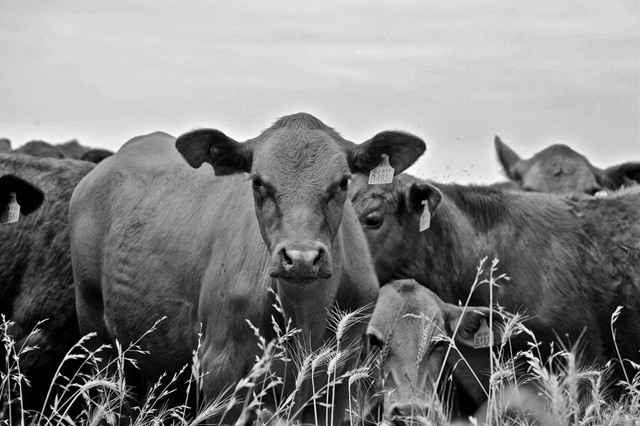Virgin Australia’s much touted “Game Change” commercial strategy is another step closer to realisation after the ACCC decided not to oppose its acquisition of 60% of Tiger Airways Australia.
The decision, announced by the ACCC on 23 April, also means that the next chapter of Australia’s domestic airline industry looks set to once again be a tale of two players, with Virgin having its sights set on a bigger slice of the market share enjoyed by both the Qantas and Jetstar brands.
The decision to allow the deal wasn’t one the ACCC took lightly. Virgin originally announced its proposed deal with Tiger in October 2012, and the ACCC commenced its review on 7 November, with a Statement of Issues published 4 months later on 7 February, and a final decision arriving almost 10 weeks after that.
All in all, that equates to a merger review process which took just under 6 months.
Undoubtedly, part of the reason for this delay was the ACCC’s initial misgivings about allowing the deal to proceed. In its Statement of Issues, the Commission made it clear that reducing the number of major airline competitors in Australia from “three to two” was not the most desirable outcome.
A “three to two” is an outcome that often worries competition regulators, whether in Australia or elsewhere. So much is illustrated by the recent decision of the European Commission to block US firm UPS’s takeover of Dutch carrier TNT in January this year. In announcing that decision, the EC expressed its concern that the merger would produce a “three to two” result in 15 of its Member States, as we posted about here.
Although it may be some time before we see a public competition assessment for Virgin’s acquisition of Tiger, the press release accompanying the ACCC’s announcement makes it clear this transaction wasn’t an easy one. This quote from Chairman Rod Sims clearly indicates the ACCC’s thinking:
“Essential to reaching this view was the ACCC’s assessment, made after thorough and extensive testing of the issue, that Tiger Australia would be highly unlikely to remain in the local market if the proposed acquisition didn’t proceed. Absent this conclusion the acquisition raised considerable competition concerns.”
In other words, although there were significant concerns with the transaction, the Commission accepted the weight of evidence indicated Tiger Australia was a “failing firm” and that therefore, in the absence of the Virgin acquisition, Tiger’s assets – being principally the 11 Airbus A320 aircraft – would be lost to the Australian domestic market (and most likely redeployed to other routes across Asia).
Under most merger analyses, the requirement to posit a counterfactual against which to compare the competitive effects of the transaction means that the consequence of accepting a merger party as a ‘failing firm’ is that it’s much less likely the transaction will adversely affect competition if it’s allowed to proceed.
That’s one reason why the ACCC’s acceptance of any business as a “failing firm” for the purposes of an informal merger review is never given lightly. As much is made clear from the ACCC’s Merger Guidelines, which require the parties to demonstrate (amongst other things) that:
- the relevant firm is in imminent danger of failure and is unlikely to be successfully restructured without the merger;
and
- in the absence of the merger, the assets associated with the relevant firm, including its brands, will leave the industry
Strong evidence is required to successfully demonstrate these matters, and there can be little doubt the ACCC’s assessment of Tiger would have been influenced by Tiger’s published financial results. Since its entry into Australia in 2007 the airline had never made a profit, and had accumulated losses of $53.8m SGD (approximately $AUD 41m) for the financial year 2012-2013.
Nonetheless, the ACCC’s concerns about the potential competitive effects of allowing Virgin access to Tiger’s fleet are likely to have encouraged it to test Tiger’s failing firm status thoroughly before making its decision. In particular, the ACCC appeared to accept that despite its financial difficulties, Tiger’s aggressive approach in the Australian market had introduced a degree of pricing discipline on the two major carriers.
In approving the acquisition, there seems to be an element of expectation from the Commission that Virgin will follow through on its stated strategy of challenging Qantas’s market position across the full spectrum of domestic air travel.
Only time will tell if Virgin can actually deliver on its ambitious plans. There’s also still an open question about whether any of the three international carriers that currently hold a significant shareholding in Virgin (being Etihad, Air New Zealand and Singapore Airlines, who decided to increase its stake in Virgin to 19.9% in March this year) may yet have an impact on the airline’s future direction.
In the meantime Australian air travelers are back in familiar skies as we once again have one major competitor to Qantas for our domestic flying needs.








